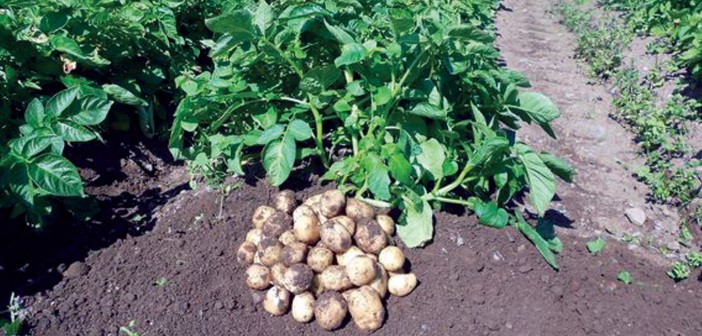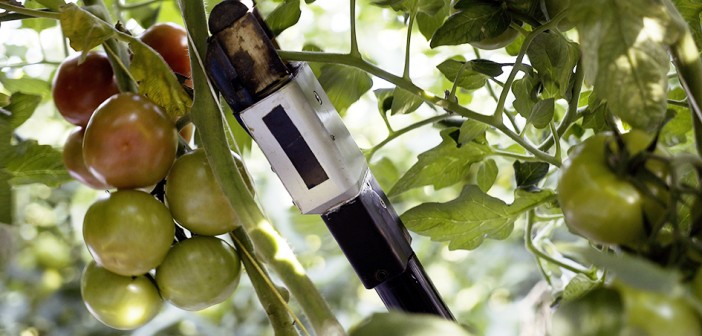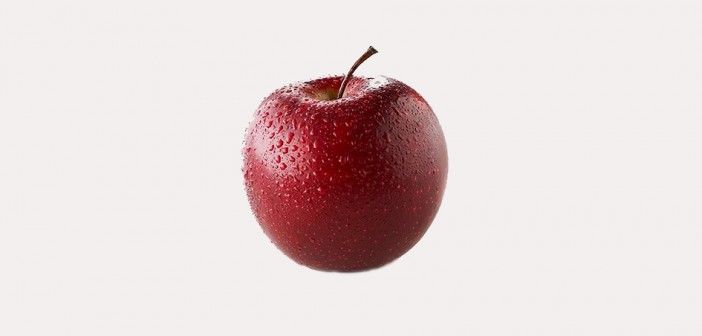Albert Bartlett’s Scotty Brand is hoping to register ‘Ayrshire Early New Potatoes’ and ‘Ayrshire Earlies’ as a PGI under the European Union’s protected food name scheme.
A consultation is currently underway on the proposals, which coincide with the start of the Scottish early potato season. The first crops were delivered to the Morrisons’ supermarket in Ayr by Drew Young of Girvan Early Growers last week.
Michael Jarvis, of Scotty Brand, said: “Ayrshire potatoes are well on the way to achieving PGI status, which will confirm the unique quality of Ayrshire new potatoes as a result of where they are grown and the skill of the farmers.
“This drive will hopefully widen the distribution of Ayrshire New Potatoes even further, putting them firmly on the map in the UK market. If granted, the PGI status will help to preserve the national and regional food heritage of Ayrshire new potatoes, as well increasing awareness of the product both locally and throughout the EU.
“Scotty Brand Ayrshire new potatoes are harvested and packed locally and can be in store as soon as two days after lifting. Ayrshire is such an ideal location to grow early potatoes and you can really taste the fresh, earthy and sweet flavour of a true Scottish potato.”

The post Ayrshire early potatoes could get PGI status appeared first on Hort News.




